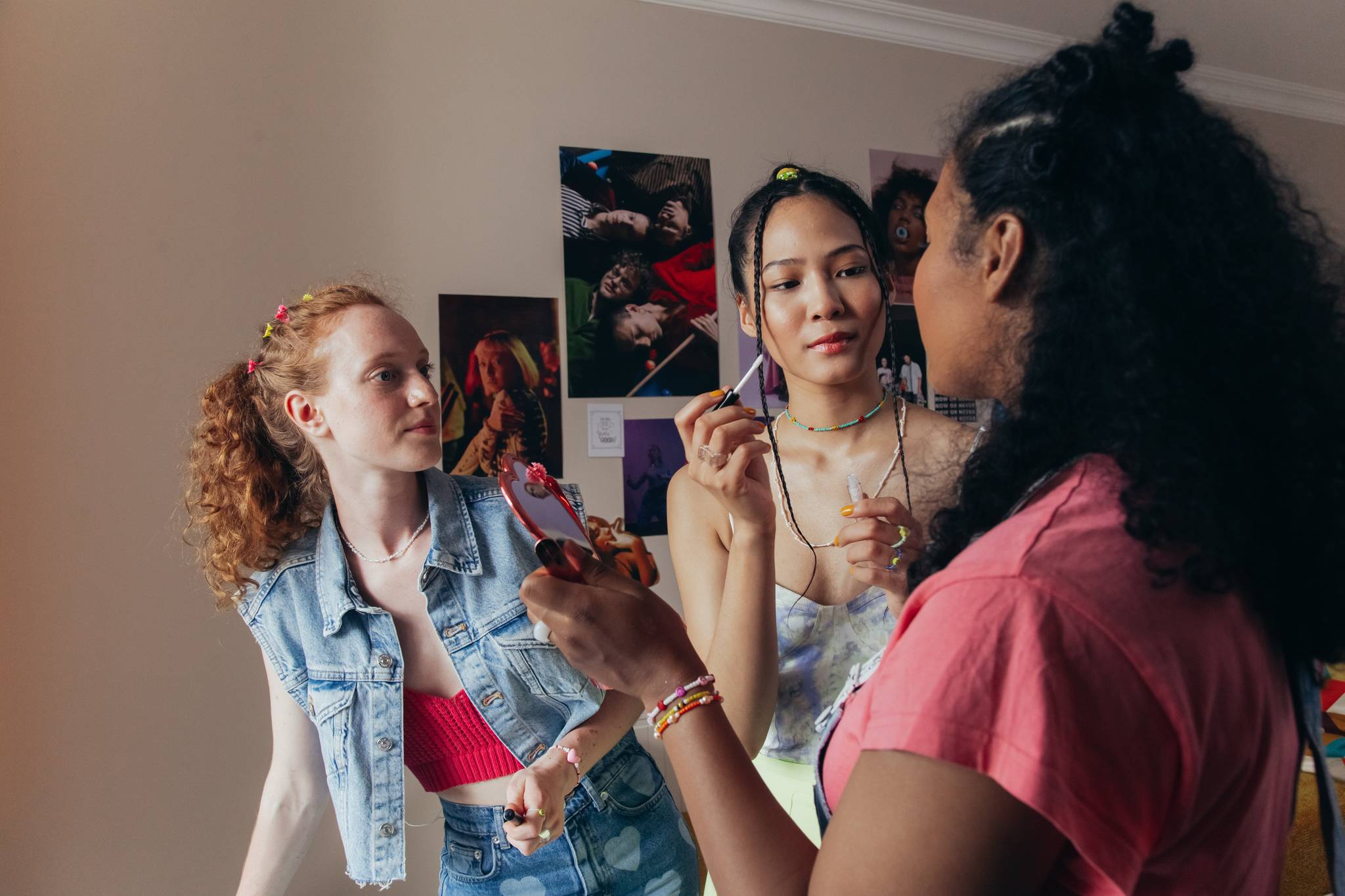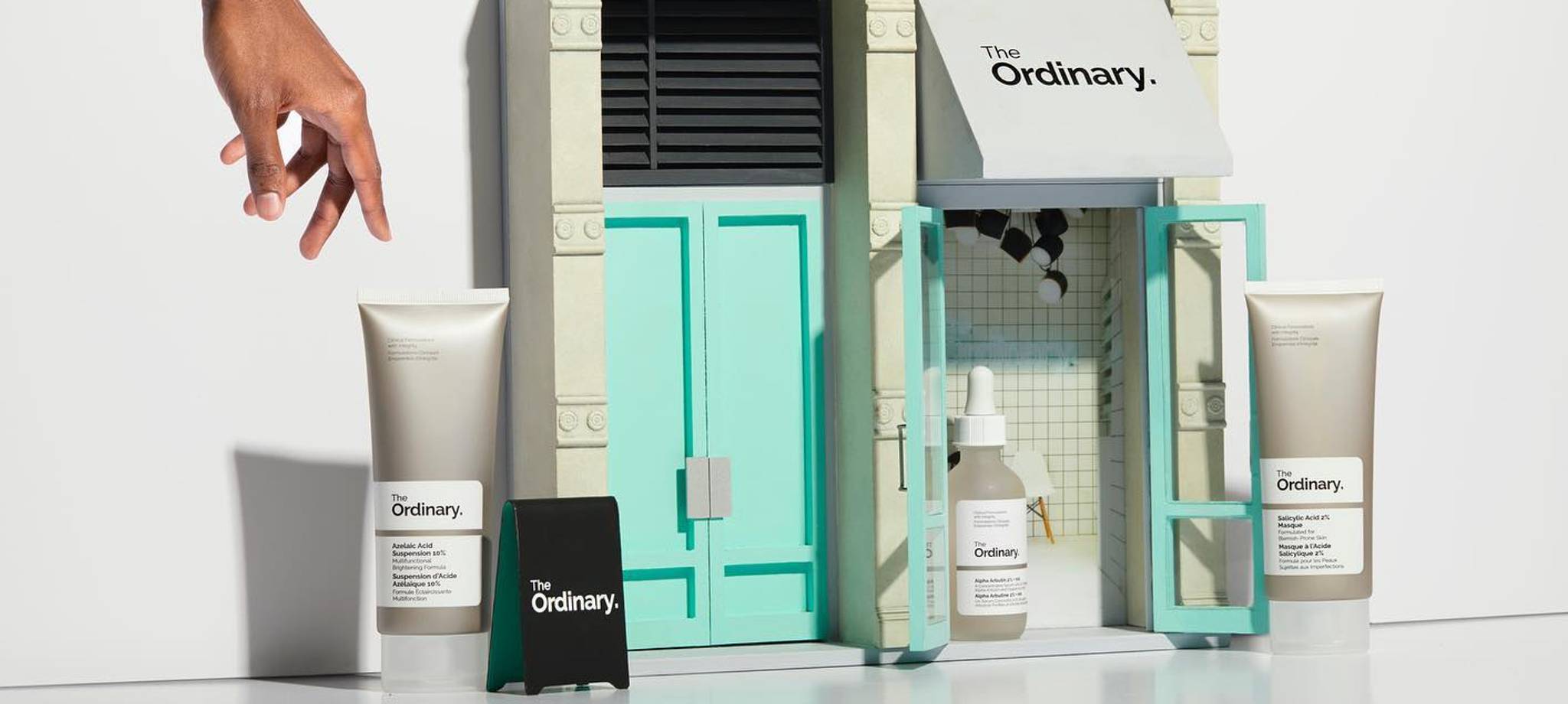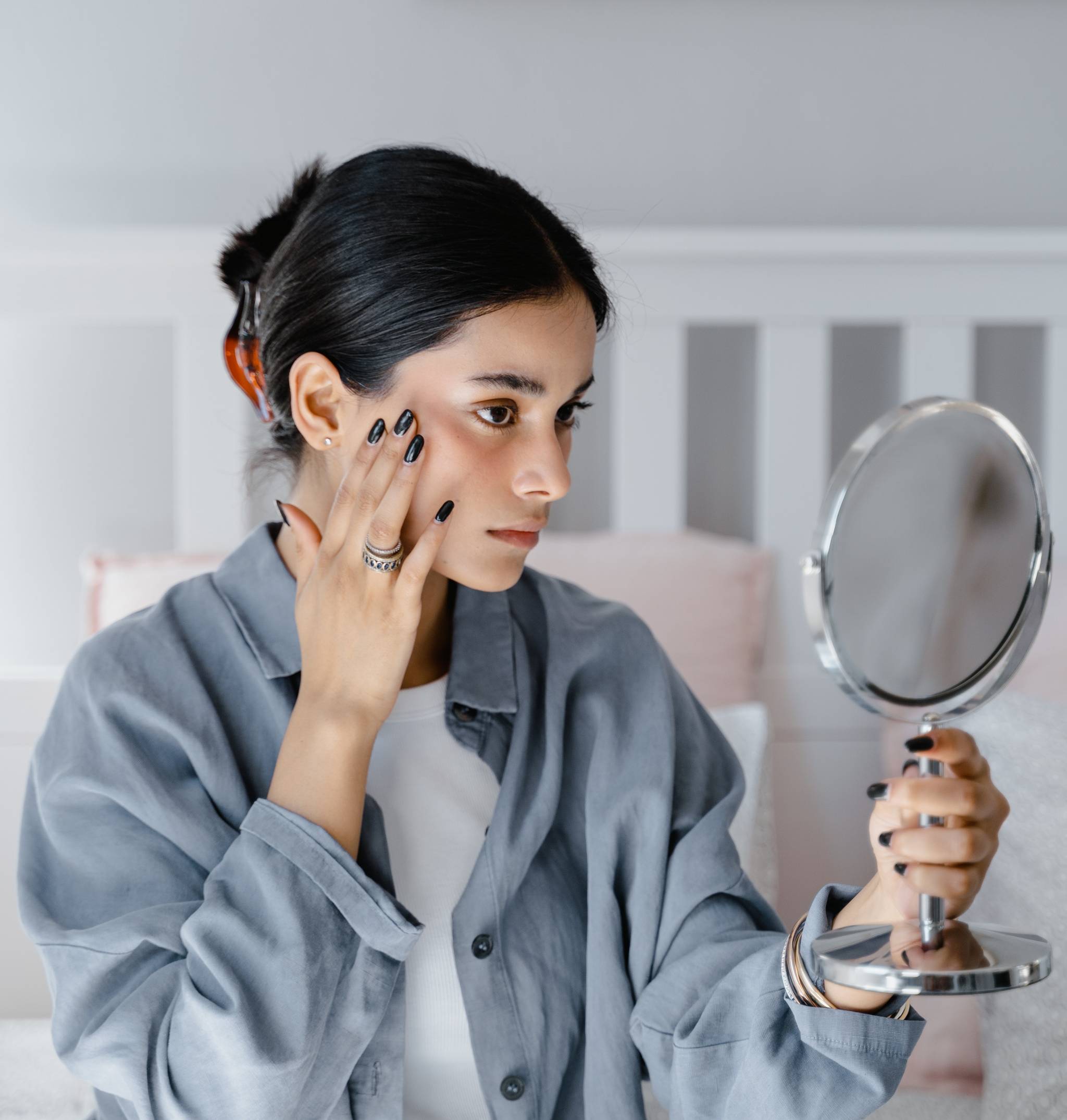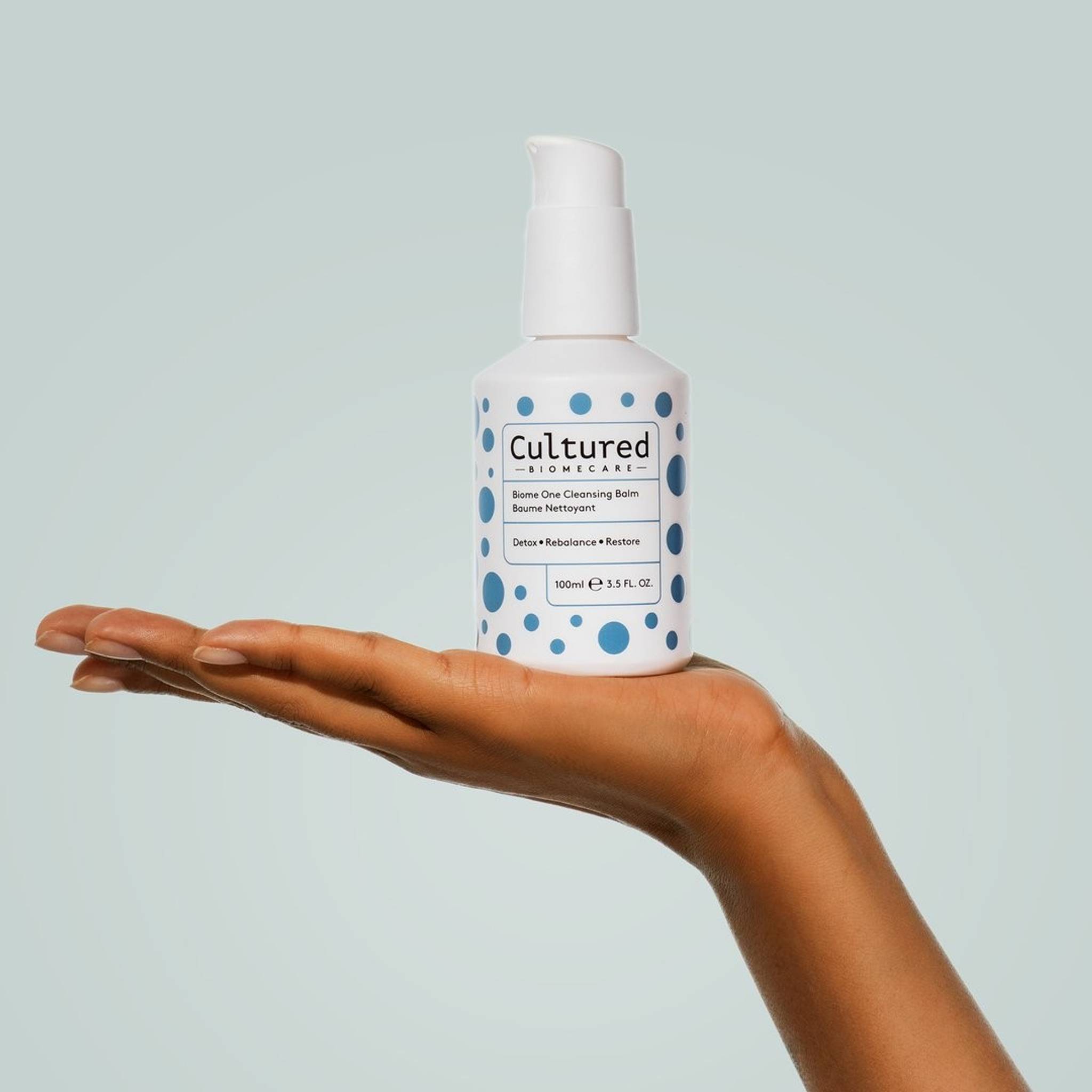
Where ‘clean’ beauty was once projected to rule the Sephora’s of the world, the pandemic changed the trajectory of the industry – with people demanding that their beauty products worked for them in more ways than one. This created space for science-backed beauty to swoop in and conquer all.
It’s 2023, and chemicals are all the rage. There’s retinol and Vitamin C. Collagen. Glycerin. Hyaluronic acid. Or is it Lactic Acid? The list goes on. As social media leaves us stranded in an image-based existence, society’s beauty obsession is transforming but not slowing.
Gen Zers are getting into anti-ageing products younger than ever and people are buying fewer cosmetics but spending more on high-quality beauty. Though the beauty industry is making meaningful strides towards inclusivity, people are still fixated on beauty itself – and facing inflation, it’s one of the categories where people refuse to budge. And if people are going to spend so much money on how they look, they want to get bang for their buck. That’s where science-backed beauty comes in.
As Barbara Paldus, the founder of Codex Beauty, puts it: “I want to be sure that the products I'm buying are going to work, and, if a brand doesn't have the data to show that its ingredients and formulas are efficacious, why would I take that risk?”
After years of relying on the power of science and medicine people now trust science-backed beauty, turning to influencers like @labmuffinbeautyscience and @pillowtalkderm for everything from beauty tips to loose prescriptions. After all, the pandemic changed people's relationship with science itself.
“Since the COVID-19 crisis, science is seen much more seriously,” says Delphine Viguier, the president of L’Oréal Paris. “That’s driving the market toward something more medical, more dermatological.”
L’Oréal is one of many brands including scientific testimonials, numbers, and multisyllabic ingredients in their marketing. Despite steep declines in make-up sales, its ‘active cosmetics’' division grew by 30.6% in 2022. The shift speaks to what the Global Wellness Summit describes as the ‘self-care renaissance’. Where wellness and healthcare were once seen as two different matters, the pandemic pushed them together – and a focus on scientific skincare thrived in the aftermath.
Science-backed beauty is having a moment because it speaks to the moment. It offers consumers solutions to concerns that go beyond beauty to encompass the contradictions of a rapidly transforming world. We’re living through a time of peak distrust and the ripple effects of this can be felt down to beauty.
A third of consumers in the US and UK say misinformation online relating to beauty and health has made them more cautious about the products they purchase. And yet, searches for active ingredients like retinol, hyaluronic acid, niacinamide, and vitamin C were up by almost 700% on Net-a-Porter between 2020 and 2022. In its evidence-based approach, science-backed beauty holds the promise of control and agency for buyers looking to make informed decisions.
Though the term ‘skintellectual’ predates the pandemic, it’s gaining traction as a technique for self-reliance in a weary world. When TikTok dishes out the wrong facts and dermatologists hit us with blanket diagnoses and impersonal solutions, science-backed beauty gives us facts and leaves the decision-making up to consumers.
But people don’t love scientific skincare because it’s telling them the truth, they love it because it's trustworthy and can hold up under intense scrutiny. Listed ingredients and tested formulations allow consumers to feel informed and in charge, which evokes a sense of purchase satisfaction. Scientific beauty gives a glimmer of hope by giving people something to trust and believe in.



